 It is illegal to possess, use, or be under the influence of a benzodiazepine, such as Xanax, in California if you do not have a valid prescription. Under the Controlled Substances Act (CSA), benzodiazepines, also known as “benzos,” are federally classified in the United States as Schedule IV drugs, meaning they are under strict regulation.
It is illegal to possess, use, or be under the influence of a benzodiazepine, such as Xanax, in California if you do not have a valid prescription. Under the Controlled Substances Act (CSA), benzodiazepines, also known as “benzos,” are federally classified in the United States as Schedule IV drugs, meaning they are under strict regulation.
If you or someone you care about has been arrested for illegally selling, using, or possessing benzodiazepines or other controlled substances in California, your lifestyle and freedom are on the line. At Aron Law Firm, we have extensive experience protecting people accused of various drug crimes in California. Our client-centered approach means your Santa Barbara criminal lawyer will give your drug crime case the personalized attention it deserves.
What You Should Know About Benzodiazepine and Prescription Drugs in California
Benzodiazepines are the most frequently abused type of prescription medication in the United States. These drugs raise the inhibitory neurotransmitter GABA levels in the brain in order to calm or sedate a person. These drugs are minor tranquilizers and are often prescribed to treat ailments such as:
- Anxiety
- Insomnia
- Muscle spasms
- Seizures
- Withdrawal from drugs or alcohol
There are 15 different kinds of benzodiazepine drugs approved by the U.S. Food and Drug Administration. The following prescription drugs are some of the most commonly abused benzodiazepines in California:
- Alprazolam (Xanax)
- Clonazepam (Klonopin)
- Diazepam (Valium)
- Lorazepam (Ativan)
Some others you might have heard of include Serax, Centrax, and Halcion.
California Laws Regarding Benzodiazepines, Such as Ativan, Klonopin, Valium, and Xanax
In California, being under the influence of any type of benzodiazepine drug or any other controlled substance without a valid prescription is a violation of HS 11550. This State statute governs the use of narcotic drugs and other controlled substances. An offense under HS 11550 is a misdemeanor crime in California, and if convicted, you could be sentenced to serious penalties, such as:
- Imprisonment for up to a year in the county jail
- Completion of a licensed drug rehabilitation program
- Hefty fines
- Probation for up to five years
- Community service
Unlawful possession of a benzodiazepine drug or controlled substance in California violates HS 11375 and is classified as a wobbler crime. Wobbler crimes can either be charged as misdemeanors or felonies, depending on the circumstances surrounding the specific case. Either charge can put a person in prison for up to a year or even more.
Defendants can raise a legal defense if they have been accused of a crime involving a benzodiazepine or controlled substance under HSC 11550 or 11375. If the defense is successful, the defendant may have their charge reduced or dismissed altogether.
If you have been accused of a crime involving benzodiazepines or controlled substances in California, your criminal defense attorney could argue that you:
1. Valid Prescription
One of the most straightforward defenses against a benzodiazepine or controlled substance charge is proving the accused had a valid prescription for the drug. California law permits the possession and use of benzodiazepines if they are prescribed by a licensed medical professional. Documentation from a pharmacy or physician can substantiate this defense.
2. Lack of Knowledge
A defendant may argue that they were unaware of the presence of the benzodiazepine or controlled substance. This defense applies in situations where the defendant did not know they were in possession of the drug, such as if it was left in their vehicle or home without their knowledge. Demonstrating a lack of intent to possess can be key to this argument.
3. Unlawful Search and Seizure
The Fourth Amendment protects against unreasonable and illegal searches and seizures. If law enforcement obtained the benzodiazepine or controlled substance through an illegal search of the defendant’s property or person, the evidence could be deemed inadmissible in court. This defense requires a thorough examination of the circumstances leading to the discovery of the drug.
4. Misidentification of Substance
In some cases, the defense may argue that the controlled substance in question was not a benzodiazepine. This could involve challenging the accuracy of the chemical analysis used to identify the drug. Discrepancies or errors in the testing process can cast doubt on the prosecution’s evidence.
5. Medical Necessity
Although less commonly used and more difficult to prove, a medical necessity defense might apply in rare cases where the use of a benzodiazepine or controlled substance was essential to prevent a significant health risk. This defense requires compelling medical evidence and is typically considered only under exceptional circumstances.
6. Entrapment
Entrapment happens when law enforcement persuades an individual to engage in criminal activity that they would not have otherwise committed. If the defendant can prove that they were coerced into possessing, using, or selling benzodiazepines or prescription drugs by law enforcement, this defense can be effective. However, proving entrapment is challenging and requires clear evidence of coercion.
Facing charges for benzodiazepine offenses in California is daunting, but there are several viable defenses that may be raised, depending on the facts of the case. Each defense addresses different elements of the prosecution’s case, from the legality of the possession to the integrity of the evidence. An adept criminal defense attorney can navigate these complexities, aiming to reduce or dismiss the charges against you. Remember, the success of any defense depends heavily on the specifics of the case and the skill with which it is argued in court.
First-Time Benzodiazepine Offenses vs. Repeat Offenses
When facing charges related to the illegal possession, use, or sale of benzodiazepines or prescription drugs in California, the legal consequences can vary significantly between first-time offenders and individuals with prior convictions. Understanding these differences is essential for anyone navigating the complexities of California’s controlled substance drug laws.
First-Time Offenders
For individuals facing their first charge involving benzodiazepines, California law often provides opportunities for more lenient sentencing and alternatives to incarceration. The aim is to encourage rehabilitation over punishment, reflecting a broader understanding of the complexities surrounding drug use and dependency.
- Diversion Programs: Eligible first-time offenders may have the opportunity to participate in drug diversion programs, such as those outlined in Proposition 36 or PC 1000. These programs often involve drug treatment and education rather than jail time, with successful completion potentially leading to the dismissal of charges.
- Probation: Instead of jail time, first-time offenders may receive probation. Terms of probation could include mandatory drug counseling, community service, and regular drug testing.
- Reduced Sentences: If incarceration is unavoidable, first-time offenders might receive reduced sentences compared to repeat offenders, acknowledging the individual’s potential for rehabilitation.
Repeat Offenders
For those with a previous criminal record, the legal system in California takes a stricter stance. The intention is to deter persistent illegal prescription drug use and sales, with increased penalties reflecting the severity of repeat offenses.
- Longer Incarceration Periods: Repeat offenders face more extended jail or prison sentences, with the length depending on the number of prior convictions and the specifics of the current controlled substance charge. The law aims to escalate the consequences with each subsequent offense.
- Mandatory Minimum Sentences: Certain repeat offenses might trigger mandatory minimum sentences, limiting the discretion of judges to impose lighter penalties.
- Stricter Probation and Parole Terms: For repeat offenders granted probation or parole, the conditions tend to be more stringent, with increased supervision, more frequent drug testing, and potentially longer periods of probation or parole.
- Limited Eligibility for Diversion Programs: Repeat offenders often have reduced access to diversion and rehabilitation programs, as eligibility criteria typically favor first-time offenders.
It is important to note that the legal system evaluates each case individually. Factors such as the amount of substance involved, the existence of aggravating circumstances, and the defendant’s criminal record play a significant role in determining the outcome. Both first-time and repeat offenders have the right to legal defense. An experienced attorney at Aron Law can navigate the complexities of the law, advocate for the most favorable outcome, and, when possible, argue for alternatives to incarceration that focus on prescription drug rehabilitation.
DUI on Benzodiazepine or Controlled Substances
Driving under the influence (DUI) of benzodiazepines in California is a serious offense under Vehicle Code 23152c VC that can have far-reaching legal and personal consequences. Benzodiazepines or other controlled substances, while legally prescribed for a variety of conditions, can significantly impair cognitive and motor functions, making it unsafe and illegal to operate a vehicle under their influence. This section outlines key aspects of controlled substance misdemeanor and felony DUI charges related to benzodiazepine and prescription drug use, including legal definitions, penalties, and defense strategies.
DUI Defined
In California, a motorist is considered to be driving under the influence if they are behind the wheel of a vehicle while impaired by any controlled substance, including prescription drugs such as benzodiazepines. Impairment is defined as having one’s physical or mental abilities compromised to such a degree that it is no longer safe to drive. This is not dependent on the dosage taken but rather on the actual effect of the drug on the driver’s ability to operate a vehicle safely.
Penalties
The penalties for a DUI of benzodiazepines or controlled substances in California vary depending on the circumstances of the case and the driver’s history of DUI offenses. However, they can include:
- Fines and penalty assessments can amount to thousands of dollars.
- DUI school is a rehabilitation program aimed at preventing future DUI offenses.
- License suspension can range from several months to several years, depending on the number of prior offenses.
- Probation, which may include conditions such as regular drug testing.
- Jail time, especially for repeat offenders, or if the DUI resulted in a collision causing injury or death.
For first-time offenders, penalties are typically less severe but still carry significant legal, financial, and personal repercussions.
Defense Strategies
Defending against a DUI charge involving benzodiazepines or controlled substances requires a nuanced approach, as these cases involve both legal and medical considerations. Some common defenses include:
- Investigating the Legality of the Traffic Stop: If the initial traffic stop was conducted without probable cause or illegal search, any evidence gathered as a result may be inadmissible in court.
- Challenging the Results of Sobriety Tests: Field sobriety tests may be influenced by factors unrelated to drug impairment, such as medical conditions or nervousness. Similarly, blood tests can be contested based on the handling and analysis of the sample.
- Proving the Lack of Impairment: Demonstrating that the level of benzodiazepines in the driver’s system was within therapeutic ranges and did not impair driving ability can be a viable defense. This might involve presenting medical records or expert testimony.
- Necessity: In rare cases, a driver might argue that they had to drive to prevent greater harm, although this defense is difficult to prove and rarely used.
DUI charges involving benzodiazepines or controlled substances are complex, given the legal implications of driving under the influence and the medical aspects of prescription drug use. If you are facing such charges, it is crucial to seek legal representation. An experienced DUI attorney at Aron Law can help navigate the intricacies of your case, exploring all potential defense strategies to achieve the best possible outcome. Remember, the consequences of a DUI conviction extend beyond the courtroom, affecting your driving privileges, financial situation, and overall quality of life.
Legal Process and Timeline of a Benzodiazepine or Controlled Substance Charge
Facing criminal charges for the possession, use, or sale of benzodiazepines or controlled substances in California is a serious matter that follows a structured legal process. This process, from arrest to resolution, involves several stages, each with its own timeline and implications. Understanding this process is crucial for those accused, as it provides insight into what to expect and how to prepare for each phase.
1. Arrest and Booking
Following the arrest, the accused is taken to a police station for booking, where personal information and details about the alleged crime are recorded. This stage typically occurs immediately after arrest and can take a few hours to complete.
2. Arraignment
The arraignment is the accused’s first court appearance, usually within 48 hours of the arrest if the individual is held in custody. During this hearing, the accused party is formally charged, and they will plead guilty, not guilty, or no contest to the charges. Bail may be discussed at this stage, and a future court date is set.
3. Pre-Trial Proceedings
After the arraignment, if the plea is not guilty, the case moves into pre-trial proceedings. This phase can last several weeks to months and involves evidence exchange between the prosecution and defense (discovery), pre-trial motions (such as to suppress evidence), and possibly plea negotiations. It is a critical time for building a defense strategy.
4. Preliminary Hearing or Grand Jury
For felony charges, a preliminary hearing may be held where the prosecution must show sufficient evidence to justify the charges. Alternatively, a grand jury might be convened to decide whether there is enough evidence for the case to go to trial. This stage occurs a few weeks to months after arraignment.
5. Trial
If the case is not resolved through a plea agreement or dismissed, it proceeds to trial. The trial could be months or even over a year from the date of the arrest, depending on the court’s schedule and the complexity of the case. Trials can last from a few days to several weeks.
6. Sentencing
If the accused is found guilty of the crime, a sentencing hearing is scheduled, where the judge determines the appropriate penalty based on the facts of the case and mitigating or aggravating factors. Sentencing may occur immediately after a guilty verdict in a bench trial or be scheduled for a later date in a jury trial.
7. Appeals
The accused has the right to appeal a guilty verdict, seeking to have the conviction or sentence overturned or reduced. The appeals process can be lengthy, often taking a year or more to conclude.
Navigating the legal process for benzodiazepine or controlled substance charges in California requires a thorough understanding of the legal process and the potential timelines. The complexity and duration of the process highlight the importance of securing experienced legal representation at Aron Law early to protect your legal rights and work towards the best possible resolution of your case.
How a Benzodiazepines Possession Defense Lawyer Can Help Your Case
If you are facing drug possession charges, particularly for a controlled substance like benzodiazepines without a valid prescription in California, the stakes are high. The complexities of California drug laws and the severe potential penalties mean that navigating the legal system alone can be daunting and risky. Hiring a skilled drug possession defense lawyer is a critical step in protecting your rights, freedom, and future. Here is how a specialized attorney can make a substantial difference in your case:
1. Expert Legal Guidance
A defense lawyer with experience in drug possession cases brings a deep understanding of both state and federal drug laws. They can explain the charges against you, the possible penalties, and the best legal strategies available. Our focused knowledge allows us to navigate the legal system efficiently, ensuring that you make informed decisions at every stage of your case.
2. Developing a Tailored Defense Strategy
Every drug possession case is unique, with its own set of circumstances and evidence. A defense attorney at Aron Law will thoroughly investigate your case, including the circumstances of your arrest, the manner in which evidence was collected, and the legitimacy of the prosecution’s claims. They will use this information to develop a personalized defense strategy, potentially arguing that there was an invalid search and seizure, challenging the accuracy of drug testing, or proving that you had a legal prescription.
3. Negotiation Skills
Many drug possession cases are resolved through plea bargaining. We know how to negotiate effectively with prosecutors to potentially reduce the charges against you or to secure a more lenient sentence. Our negotiation skills can be especially valuable if you are a first-time offender or if there are mitigating factors that may determine the outcome of your case.
4. Representation in Court
If your case goes to trial, having a defense attorney by your side is invaluable. We will represent you in court, arguing before a judge and jury, cross-examining witnesses, and presenting evidence in your favor. Our goal is to create reasonable doubt about your guilt, aiming for a verdict of not guilty.
5. Mitigating Consequences
Even in cases where the evidence against you is strong, a defense lawyer can still make a significant difference by working to mitigate the consequences. This might involve arguing for alternative sentencing options, such as drug treatment programs instead of jail time, or advocating for reduced fines and probation terms. Their efforts can help minimize the impact of a conviction on your life.
6. Support and Reassurance
Facing criminal charges is emotionally taxing. A good defense lawyer provides not only legal representation but also support and reassurance throughout the process. They can help manage your expectations, offer advice on personal and professional matters affected by your case, and work to keep the stress and uncertainty to a minimum.
From providing expert legal advice and crafting a strategic defense to negotiating with prosecutors and representing you in court, their support is essential for navigating the challenges of the legal system. By hiring a specialized attorney, you significantly increase your chances of securing a favorable outcome, whether that means getting the charges against you reduced or even dismissed entirely.
Types of Possession of Benzodiazepines and Charges
In California, possession of benzodiazepines without a valid prescription is a criminal offense that falls under the jurisdiction of the state’s controlled substances laws. Benzodiazepines, commonly known as “benzos,” include drugs such as Xanax, Valium, Ativan, and Klonopin, which are prescribed for conditions like anxiety, insomnia, and seizures. However, due to their potential for abuse and dependence, these substances are tightly regulated. Understanding the nuances of possession charges, the potential penalties, and the implications of these charges is crucial for anyone facing such accusations.
Legal Framework
According to CA Health and Safety Code Section 11375, possession of benzodiazepines without a prescription is illegal. This law makes it a crime to possess these drugs unless they were lawfully prescribed by a healthcare professional. The classification of benzodiazepines as Schedule IV controlled substances under the Controlled Substances Act underscores their recognized medical use but also their potential for abuse.
The following are the types of possession charges:
- Actual Possession: This occurs when an individual has explicit physical control over the substance, such as carrying it in their pocket or in their vehicle.
- Constructive Possession: An individual may have benzodiazepines in a place they control, like their home, even if the drugs are not physically on them.
- Joint Possession: This refers to cases where two or more individuals share control over the substance, indicating shared responsibility.
The penalties for possession of benzodiazepines vary widely, depending on certain factors such as the quantity of the drug, the defendant’s criminal history, and the specific circumstances of the case. Generally, possession of benzodiazepines without a prescription is considered a misdemeanor in California, which can result in:
- Up to one year in county jail.
- A fine of up to $1,000.
- Probation, with conditions that may include drug counseling or community service.
For individuals with prior drug convictions or those found in possession of large quantities, charges could escalate, potentially leading to more severe penalties. Additionally, certain aggravating factors, such as possession near a school, can increase the seriousness of the charges.
Overview of California Health and Safety Code Sections
The California Health and Safety Code (HSC) is a comprehensive set of laws governing public health, environmental health, and health-related legal issues within the state, including the regulation of controlled substances. Several sections within this code are particularly relevant to drug offenses, including the possession, distribution, and manufacture of controlled substances such as benzodiazepines. Understanding California Health and Safety Codes is crucial for anyone navigating the legal ramifications of drug-related charges in California.
Health and Safety Code Section 11350
This section prohibits the possession of controlled substances without a prescription. It includes narcotics and non-narcotic substances classified under schedules I through V of the Controlled Substances Act. Violations of California Health and Safety Code 11350 are generally treated as misdemeanors under California law, subjecting individuals to potential penalties such as imprisonment in county jail for up to one year, fines, or probation.
Health and Safety Code Section 11375
Specific to benzodiazepines, California Health and Safety Code 11375 deals with the possession and sale of a controlled substance categorized as schedule III, IV, or V drugs, which include most benzodiazepines. Possession of these controlled substances without a valid prescription can lead to misdemeanor charges similar to those under California Health and Safety Code 11350. However, charges related to the sale or intent to sell these substances can result in more severe penalties, including felony charges for larger quantities or sales within certain prohibited areas, such as near schools.
Health and Safety Code Section 11377
California Health and Safety Code 11377 addresses the possession of methamphetamine and other specified non-narcotic controlled substances, treating possession for personal use as a misdemeanor. Like other possession offenses, penalties can include jail time, fines, or probation, with the potential for diversion to drug treatment programs under certain conditions.
Health and Safety Code Section 11352
This section prohibits the sale, transport, import into California, giving away, or offering to do any of those actions with a controlled substance. It covers a wide range of drugs, including opioids, certain hallucinogens, and other narcotics. Violations of HSC 11352 are felonies, carrying steeper penalties such as state prison sentences, larger fines, and potentially additional charges if minors are involved or sales occur near schools.
Health and Safety Code Section 11550
Under California Health and Safety Code 11550, it is a misdemeanor to be under the influence of controlled substances without a prescription. Penalties for a violation include up to one year in county jail, mandatory drug counseling programs, and probation. Repeat offenses or offenses committed under certain circumstances can enhance penalties or result in mandatory minimum sentences.
California’s approach to controlling the possession, distribution, and manufacture of a controlled substance is complex, with specific statutes addressing different substances and types of offenses. For individuals facing drug-related charges, it is essential to understand the relevant sections of the Health and Safety Code, as they dictate the potential charges, defenses, and penalties. Given the intricacies of these laws and the potential for significant consequences, legal representation by an attorney with expertise in California’s Controlled Substances Act and other relevant laws is invaluable for navigating these challenges effectively.
Fight a Criminal Charge for Benzodiazepines With an Experienced California Defense Attorney
The use, sale, or possession of benzodiazepines or controlled substances without a valid prescription is a criminal offense in California that could come with severe penalties. Whether you have been arrested for benzodiazepines or another controlled substance, an Aron Law Firm criminal defense attorney will have what it takes to defend your rights.
Our goal is to ultimately see your charges dismissed entirely, but if that is not possible, we will fight to have your charges reduced as much as possible. For thoughtful, intelligent representation in California, call our office at (805) 618-1768 or complete our contact form for more information about how we can work to protect you during this stressful time. Our phone lines are open 24 hours a day, seven days a week.
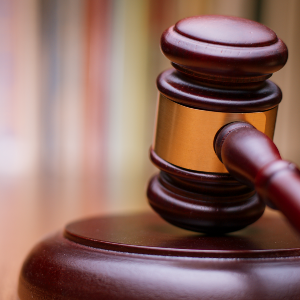 If you or someone you know has been charged with a criminal offense, perhaps the most important issue that you’ll discuss with your lawyer is the type of plea you plan to enter at your arraignment. A plea is a person’s formal response to a criminal charge in a criminal case. Most individuals are familiar with “guilty” and “not guilty” as possible responses, but you and your lawyer may also consider another lesser-known type of plea: “nolo contendere” or “no contest.”
If you or someone you know has been charged with a criminal offense, perhaps the most important issue that you’ll discuss with your lawyer is the type of plea you plan to enter at your arraignment. A plea is a person’s formal response to a criminal charge in a criminal case. Most individuals are familiar with “guilty” and “not guilty” as possible responses, but you and your lawyer may also consider another lesser-known type of plea: “nolo contendere” or “no contest.”
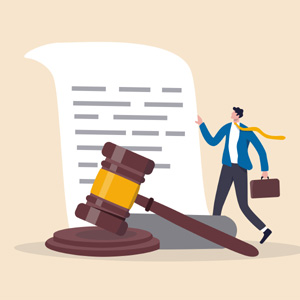
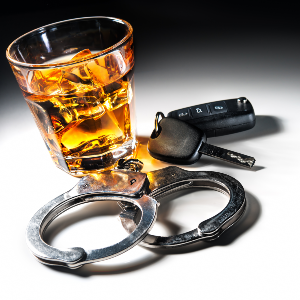
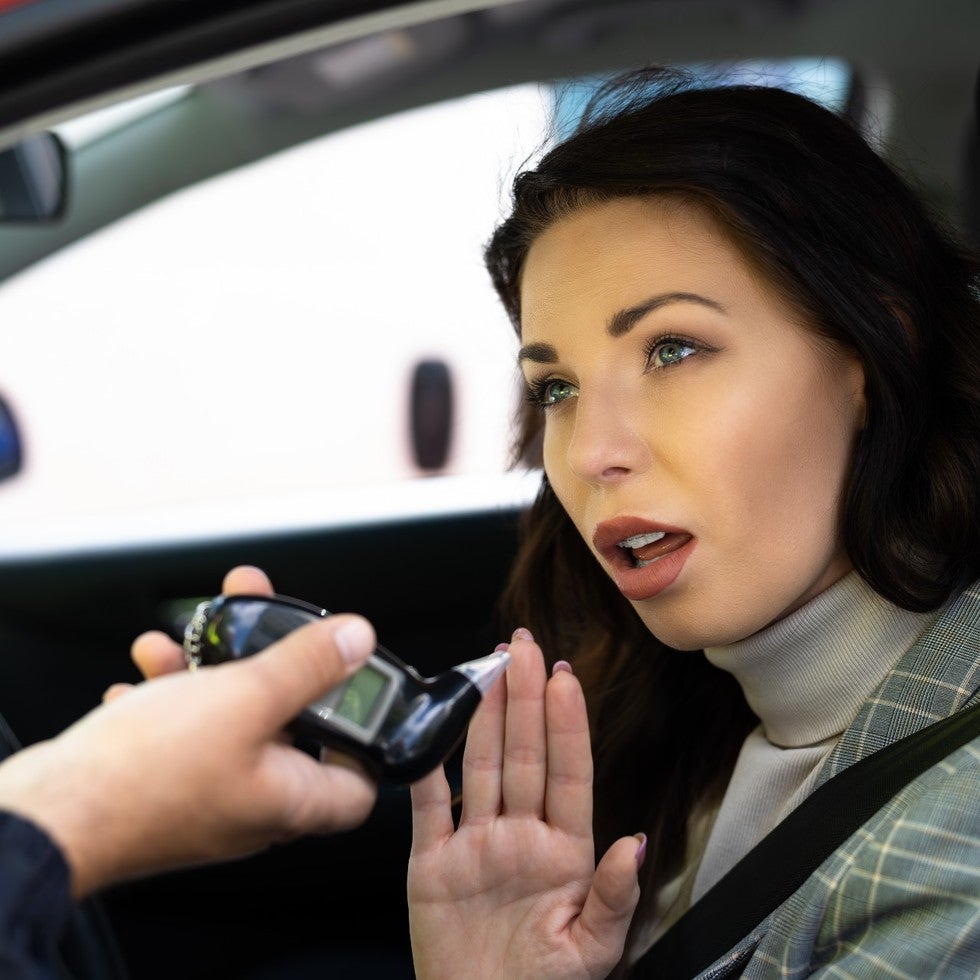
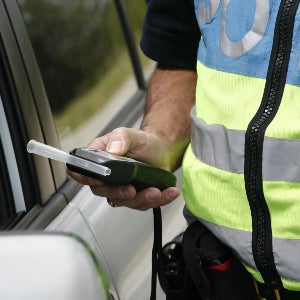



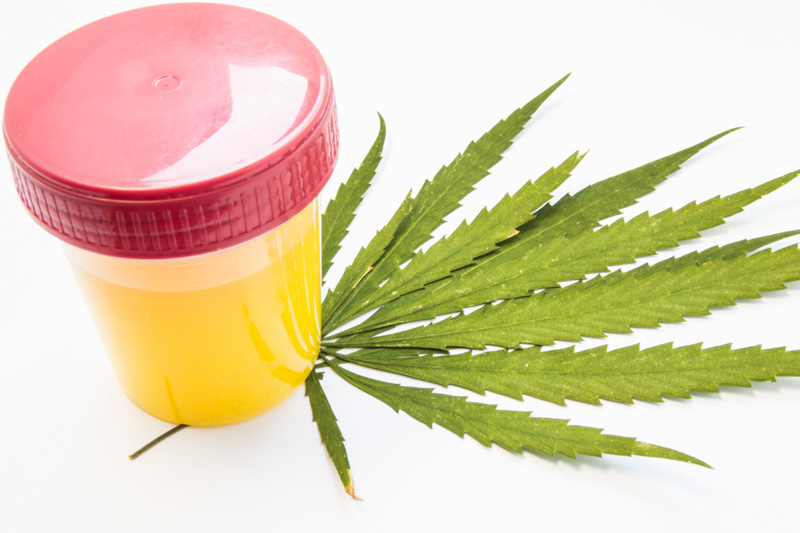
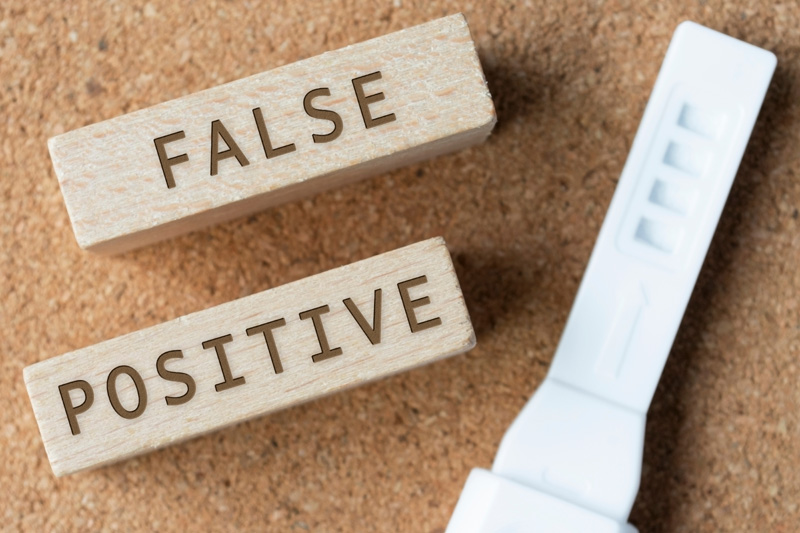

 Drug laws can be tricky, and marijuana laws always seem to be changing and evolving. With the passage of a voter initiative known as
Drug laws can be tricky, and marijuana laws always seem to be changing and evolving. With the passage of a voter initiative known as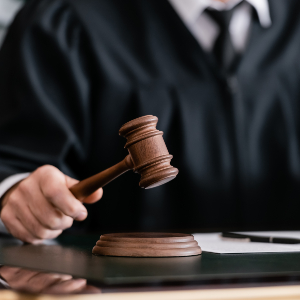
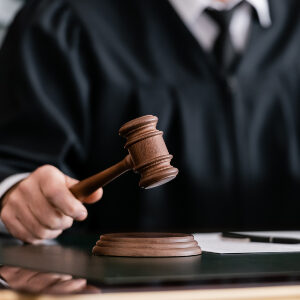 In 1972, President Richard Nixon branded drug abuse as public enemy number one. As the United States expands its research and legislation into what the nation terms the “War on Drugs,” there have been increases in drug-related arrests and incarcerations. For example, in 2019, there were 171,000
In 1972, President Richard Nixon branded drug abuse as public enemy number one. As the United States expands its research and legislation into what the nation terms the “War on Drugs,” there have been increases in drug-related arrests and incarcerations. For example, in 2019, there were 171,000